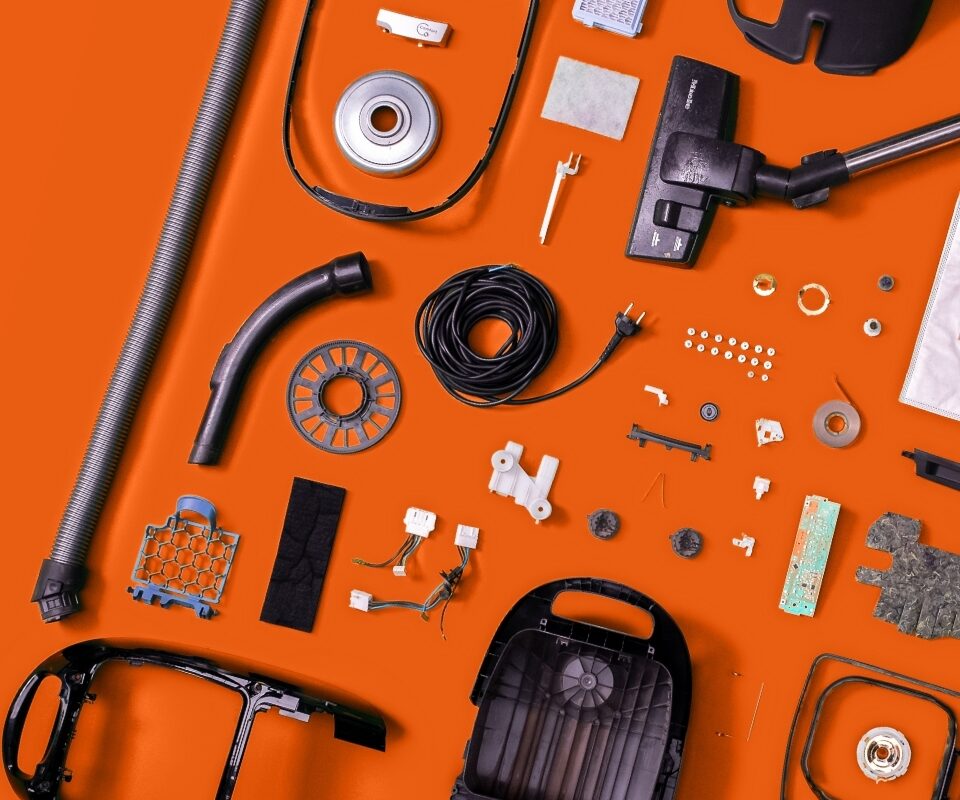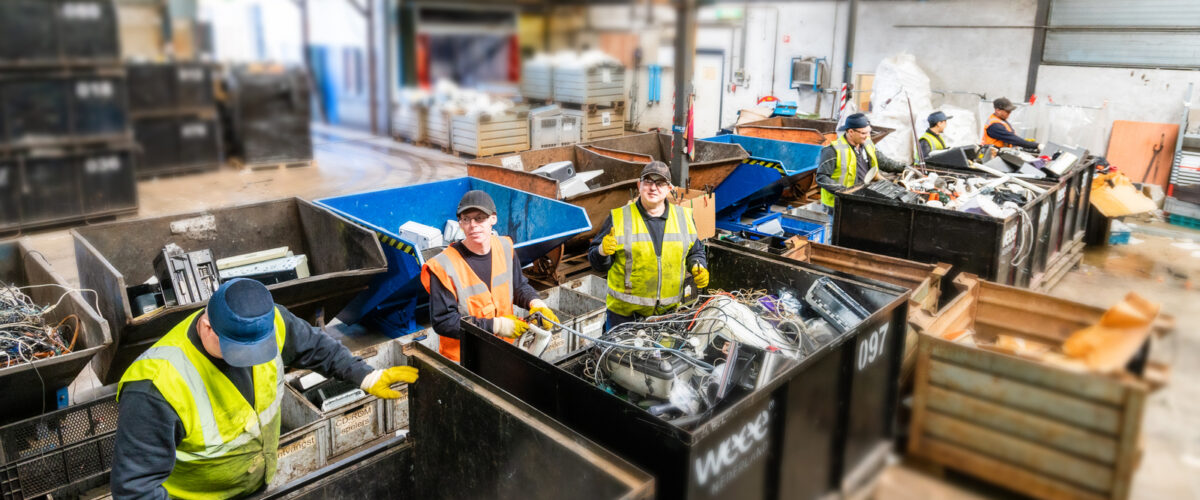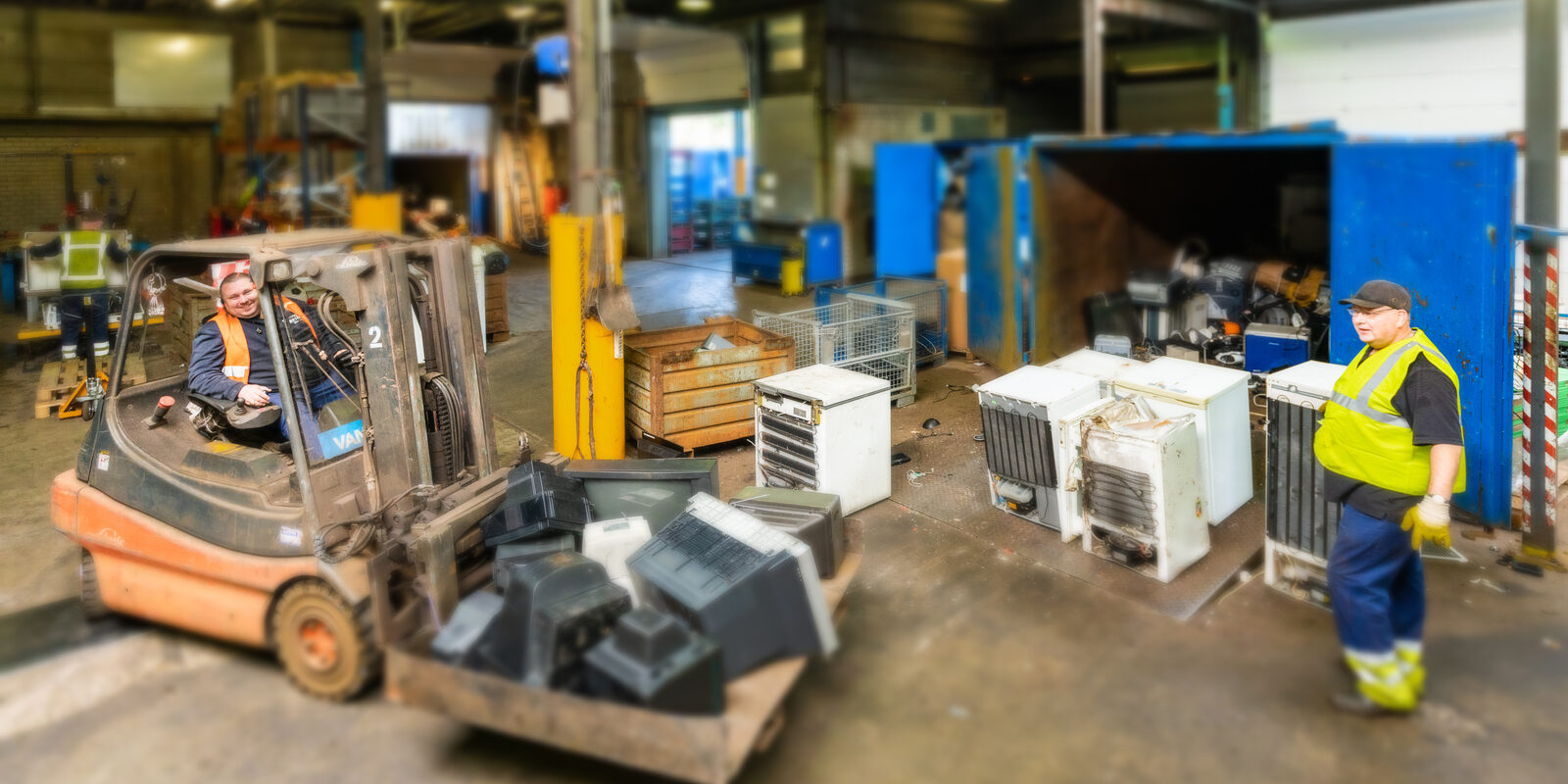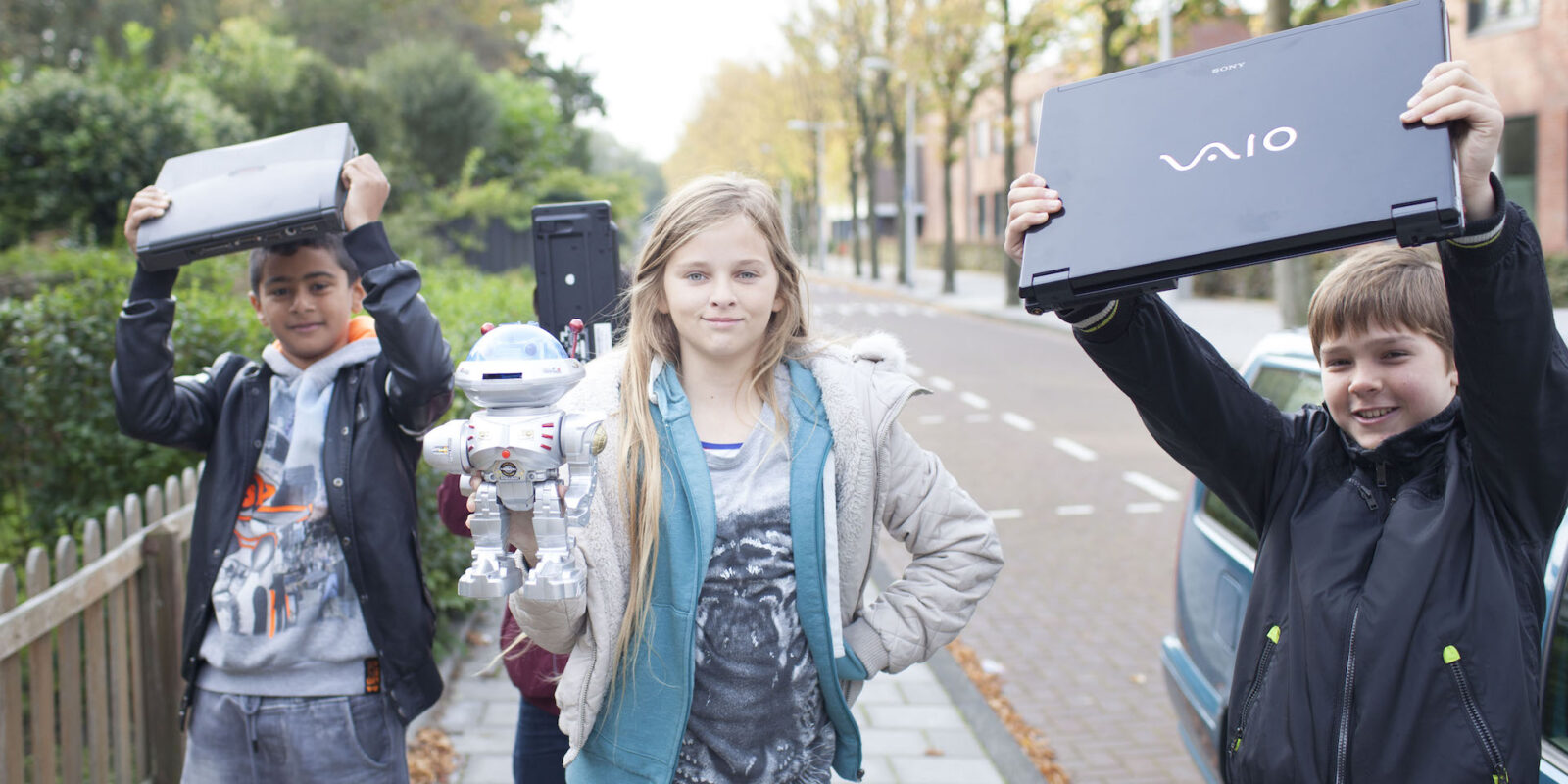

Today together for tomorrow!
We make recycling important
Collection
Collection of discarded electronics, we do this socially and sustainably.
Page CollectionConsultancy and advice
Registration and reporting of WEEE, textile, batteries and packaging made easy.
Page Consultancy and advice
Weee Netherlands for a circular economy
How can things be done better? What should change? Only by changing do we achieve what we want to achieve. We’ve rolled up our sleeves: based on daily practice, we think of solutions that are innovative and practical. Today we think out of the box, open up new horizons. For a better future, for tomorrow. And we do that together, by being courageous and by working hard.
Frequently asked questions
-
What is EPR?
EPR stands for Extended Producer Responsibility. Are you a producer or importer? Then you are jointly responsible for the collection, sorting and recycling of products. That means responsible for the waste that your product eventually becomes. If you make your product in such a way that it is less polluting during processing, you will pay a lower rate in the future. This way, the government aims to use EPR to promote a circular economy and reduce environmental pollution.
-
What should I arrange if I want to sell electronics or textiles (in other country’s)?
Then you must register your company with the systems and governments of those countries and report your sales there. You must pay them for the collection of the products you sell. You are also responsible for the packaging and included or built-in batteries. How do you arrange that? Contact us We are happy to help you!
-
How can you reuse or recycle electrical appliances?
You can only do something with a device after you have collected the electric appliances. That is why we provide good and easy collection methods. After collection, we consciously look at how we deal with each device: if it can still be repaired, we will. Is the device outdated or really broken? Then we recover the raw materials from which the device is made in the best possible way. We also ensure that hazardous substances are properly destroyed.
-
What does WEEE, AEEA and e-waste mean?
WEEE stands for Waste of Electrical and Electronic Equipment. In Dutch we call it AEEA (Afgedankte Elektrische en Elektronische Apparaten). In the colloquial terms e-waste: electronic waste. The manufacturer’s obligation for electrical appliances is registered in a European Directive: the WEEE directive. The name of our organization makes a link with all this: Weee Nederland.
-
What is the meaning of circular economy?
A circular economy is an economy that comes full circle: a product is made, it breaks down, it is repaired and ultimately becomes waste. All of the waste is then used to make a new product. This can be achieved in two ways: a product is either repaired or its raw materials used for new products. In order to sustain circularity, it’s important that products become available for repair and that companies and consumers want to use them again. In addition, recovered raw materials are often only used for low-value applications. However, it’s important that we actually use the raw materials for original products. In the Netherlands, the goal is to achieve a 100% circular economy by 2050. This is stated in the National Raw Materials Agreement. We too are signatories to this agreement and we are committed to reusing e-waste as much as possible.
-
How can we make our product more sustainable?
Depending on the type of product, there are all kinds of ways in which you can become more sustainable. For example: using recycled raw materials, extending the life of your product by making parts easily replaceable or using used parts for repair. Need advice or are you curious about collaboration opportunities? Feel free to contact us!

